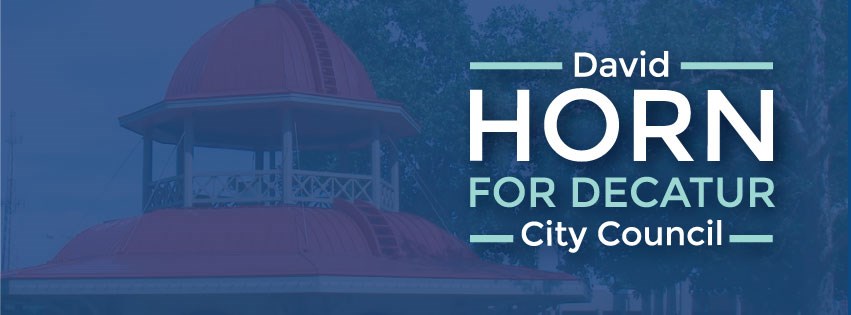
Carbon sequestration should be prohibited under Lake Decatur
The United States Environmental Protection Agency issued a proposed enforcement order against Archer Daniels Midland Company related to its carbon sequestration injection program in Decatur, IL. The proposed enforcement order issued on September 19 alleges that ADM Co.’s carbon sequestration activities violated the Safe Drinking Water Act by injecting CO2 in places that it was not permitted to go and did not monitor the well as required in its permit. Thankfully, in this incident there was no reported impact to the city’s drinking water or the safety of our residents.
Unfortunately, the USEPA has yet to address several key questions. For example, is such a leak possible at ground level, thereby putting public safety at risk? Does every section of the well have an equal probability of leaking or is there something about the construction of the well that makes leaks more likely to occur at certain depths? Does the amount of sequestration activity influence the rate of corrosion and subsequent leaks? The amount of CO2 predicted to be sequestered under Lake Decatur is substantially greater than previous sequestration activities and the well corroded after approximately 10 years of operation.
During the same time the CO2 leak was occurring in March, ADM Co. was negotiating an easement agreement with the City of Decatur that would allow the company to permanently store carbon dioxide under the city’s main water supply and the state general assembly was negotiating what has since become the “Safety and Aid for the Environment in Carbon Capture and Sequestration Act”. It is fair to say that had the leak been publicly known at the time of the negotiations, it could have impacted whether the Decatur City Council would have moved forward with the easement and could have resulted in changes to the easement that better protected the city’s water supply and safety of residents.
Each week, the Decatur Tribune publishes a quote in its Americanisms section. A recent quote came from Potter Stewart – “Ethics is knowing the difference between what you have a right to do and what is right to do.” Even if ADM Co. had the right not to disclose the CO2 leak until months after it occurred, not publicly disclosing the leak during local negotiations was the wrong thing to do, and to my knowledge ADM Co. did not disclose information about the leak until August. People who buy a car expect the owner to disclose problems the car has even if it was not required, people who buy a house expect the owner to disclose issues the house has even if it was not required, and residents of Decatur expect ADM Co. to disclose relevant information that could influence the terms of an agreement that impacts public safety and the city’s drinking water supply, because it is the right and ethical thing to do.
LAWMAKERS AND RESIDENTS SHOULD TAKE ACTION
The CO2 leak and the lack of timely reporting calls into question whether the environmental benefits to the planet and the economic benefits to the city of Decatur are worth the risks to the 68,000+ residents and their drinking water supply. If no city employee or elected official was aware of the leak until August, it could be argued that ADM Co. withheld substantive and relevant information during negotiations with the city, and the city council should act to rescind the agreement.
The Decatur City Council should also approve a resolution banning carbon sequestration under its two farmland properties in DeWitt County. The city’s farmland rests over the Mahomet Aquifer and one of the properties has wells that pump water that ultimately reaches Lake Decatur in the event of a severe drought. As evidenced this past March in Decatur, carbon sequestration activities result in leaks, and I am not aware of any other way to ensure the safety of this aquifer without banning activities that can do harm.
Residents can also take action. The USEPA is requesting public comments on its proposed order against ADM Co. Information about this enforcement order and how to submit a public comment can be found at: https://www.epa.gov/il/adm-geologic-sequestration-well-proposed-order-sdwa-05-2025-0001.
In the signing of the “Safety and Aid for the Environment in Carbon Capture and Sequestration Act”, Governor Pritzker stated “Every marginal reduction in planetary warming that we can achieve, every fraction of a percent, represents billions of dollars in savings for our economy here.” It could also be said that failure to timely report CO2 leaks to interested parties could have preserved billions of dollars to companies that will profit from sequestration, while potentially putting at risk the future water supply for hundreds of thousands of Illinois residents. A lack of timely incident reporting (not doing what is right to do), may have ensured that Decatur residents live with the threats of carbon storage permanently. The same fate should not fall upon the over 800,000 residents that rely on the Mahomet Aquifer for its water.
